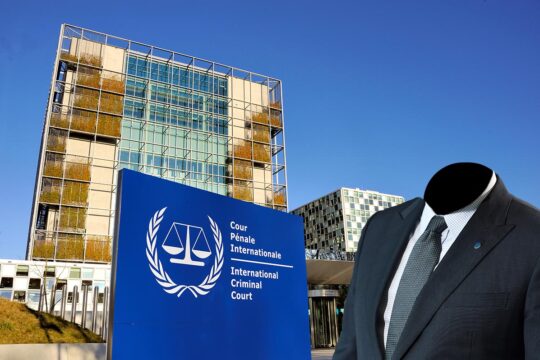"Following an informal conference conducted with the prosecution and the Duty Counsel on March 30, 2011, and having assessed their state of readiness, I am satisfied that both parties will be in a position to commence the special deposition proceedings by May 16, 2011," Judge Vagn Joensen said.
Judge Joensen, who will preside over the proceedings said in the scheduling order that the session will continue until the depositions of all the prosecution witnesses are recorded. "The proceedings will take place from Monday through Thursday each week, with a break during the week of June 6 to 10, 2011," he said.
Apart from Kabuga, who is alleged the main financier of the 1994 Tutsi genocide, other fugitives whom the prosecution seeks to safeguard evidence against them are Augustin Bizimana, former Minister of Defence and Major Protais Mpiranya, who was Commander of the Presidential Guard.
The prosecution considers the three figures as key suspects among the 10 accused still on the run. The ICTR Prosecutor Hassan Bubacar Jallow filed the motions for the taking of deposition pursuant to Rule 71 bis of Rules of Procedure and Evidence on February 7, 2011.
Rule 71 bis states, among others, that "if within a reasonable time, a warrant of arrest has not been executed, the Prosecutor may submit a request to the President that evidence relating to the indictment be preserved for a further trial by special deposition recorded in a proceeding conducted by a single Judge."
These are first requests of this kind in the ICTR history. The prosecutor fears that evidence against them may be lost or deteriorate due to the passage of time, death and incapacity of unavailability of witnesses later on.
According to sources at ICTR, Kabuga is said to be carrying out his commercial activities in Kenya, while Mpiranya is allegedly being protected by senior officials in Zimbabwe, whereas the ex-Rwandan defence minister may be hiding in Democratic Republic of Congo (DRC).
FK/ER/GF
© Hirondelle News Agency



